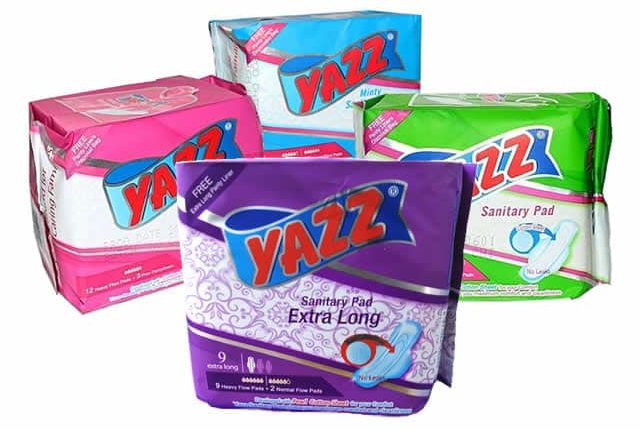Ms Sarah Adwoa Safo, the Minister of Gender, Children and Social Protection, has said her Ministry has sent proposal for a tax waiver on sanitary products to Parliament for consideration.
She said the proposal, when approved, would enable women and girls to have access to sanitary materials during their menstrual cycles, thereby saving them some cost.
The Minster said this at the commemoration of the Menstrual Hygiene Day, organised by the Ghana Education Service (GES) and partners.
The Day is commemorated globally to mark the importance of ensuring that women and girls had safe and healthy periods.
It was on the theme: “More Action and Investment in Menstrual Health and Hygiene.”
Ms Safo said government was committed to ensuring that every young woman and girl had sustainable access to sanitary materials and improved toilet facilities to manage their periods.
She said promoting menstrual health and hygiene was vital to the empowerment and well-being of women and girls in the country.
She said the Ministry, through a ‘He4She’ adopted initiative, was championing feminine rights, including menstrual health and hygiene by males.
“For instance, through our He4She initiative, we have boys leading the advocacy for girls’ right and privileges in schools,” she added.
Professor Kwasi Opoku-Amankwa, the Director General of GES, in a speech read on his behalf, said the vision for the Day was to create a world where every girl and woman managed her menstruation and all related issues without an iota of shame.
“Every girl and woman should be able to confidently talk about her menstrual health and hygiene without it becoming a barrier in her life,” he said.
Prof. Opoku-Amankwa said, based on that, the GES was committed to ensuring that the school environment provided the enabling environment to make menstruation “an amazing experience for girls”.
“Together we can make sure all girls and boys are educated about menstruation and are provided with the needed support. To achieve this, everyone has a role to play including parents, teachers, and government at the national and decentralized levels,” he added.
Ms Anne-Claire Dufay, the Country Representative, UNICEF Ghana, said they were supporting educational institutions in the country to establish enhanced toilets facilities, which girls in school could access during their periods.
She said the country needed to invest in water, sanitation and hygiene systems to create an enabling environment where women and girls could have safe and healthy periods.
Source: GNA


Comments are closed.